
The study also reported that women who take multivitamins are more likely to get pregnant than women who do not, and that women who get their iron from sources of than red meat (actually, the blood in red meat) and liver conceive less often than women who get their iron from fruit sources and by cooking in iron pots and pans. The OB-GYN's writing this study did not conclude that unlimited servings of high-fat, whole-milk dairy products enhanced chances of conception. About two servings of "real" dairy a day is optimal.
Also, the authors did not counsel women to get all of their protein from soy. Numerous studies have found that an optimal intake of soy is only around 1 oz (30 g) day. Eating too much soy may interfere with some of the hormones involved in conception. Other beans are also great sources of protein, as are leafy greens. Ounce for ounce and gram for gram, spinach, for example, is actually a more concentrated source of protein than steak. Women who get more of their protein from plant sources also get more folic acid, which is important both to conception and to the normal development of the child in utero.
While more iron from plant food sources was associated with higher rates of pregnancy, the authors of the study did not counsel taking an iron supplement. About 1 per cent of women have a gene that causes excessive accumulation of iron. For these women to take iron supplements can cause catastrophic disease, if the disease is not treated, about age 55. The best sources of iron for women seeking to become pregnant are prunes, raisins, and whole grains, eaten in moderation every day.



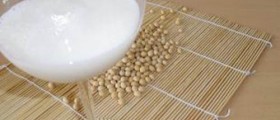
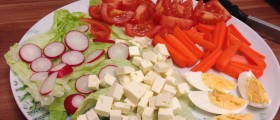

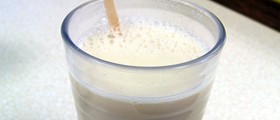
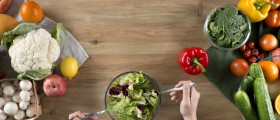
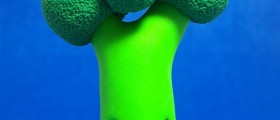

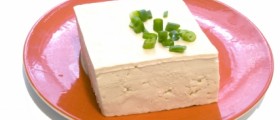

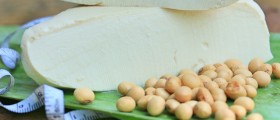
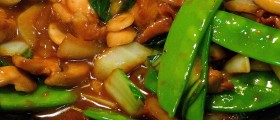

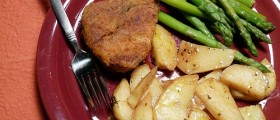

Your thoughts on this
Loading...